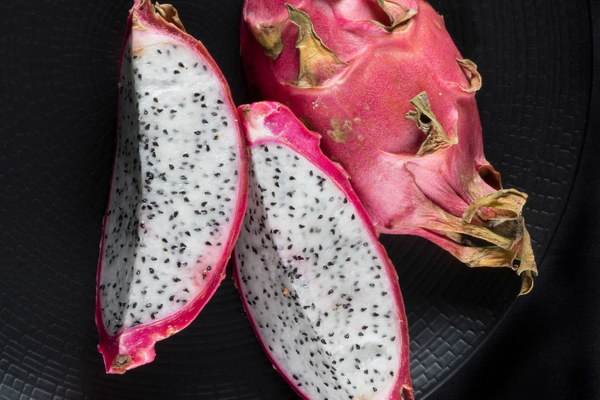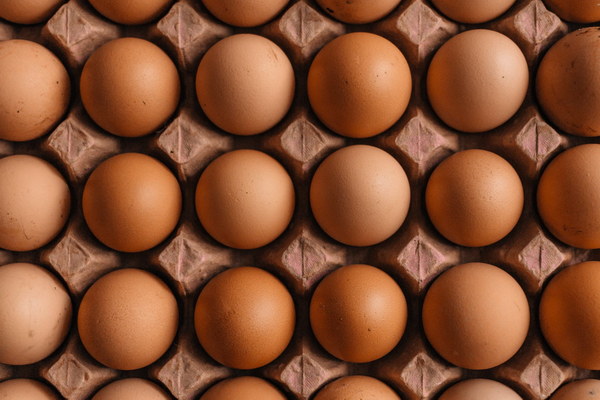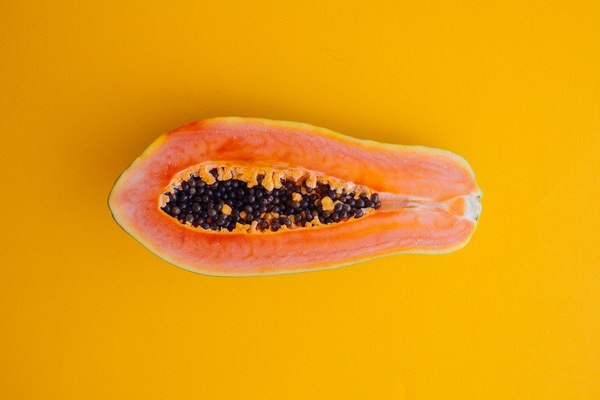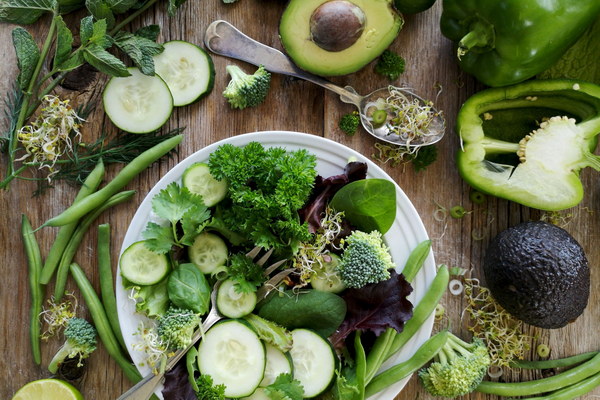Revitalize Your Health A Comprehensive Guide to Heavy-Spleen Deficiency Diet Therapy
Introduction:
Heavy-spleen deficiency is a common health condition that affects millions of people worldwide. It occurs when the spleen, an essential organ responsible for filtering blood and maintaining immune function, becomes weakened or overburdened. This condition can lead to various symptoms, such as fatigue, weakness, bloating, and digestive issues. To combat this problem, a well-rounded diet that focuses on nourishing the spleen is crucial. In this article, we will explore the concept of heavy-spleen deficiency, the symptoms, and a comprehensive guide to a heavy-spleen deficiency diet therapy.
What is Heavy-Spleen Deficiency?
Heavy-spleen deficiency, also known as spleen deficiency, is a traditional Chinese medical condition that occurs when the spleen fails to perform its functions effectively. This condition can be caused by factors such as poor diet, stress, infection, or other underlying health issues. The spleen plays a vital role in the body, including:
1. Absorbing nutrients from the digestive system.
2. Filtering blood and removing pathogens.
3. Producing red blood cells and platelets.
4. Supporting the immune system.
Symptoms of Heavy-Spleen Deficiency:
The symptoms of heavy-spleen deficiency can vary from person to person, but some common signs include:
1. Fatigue and weakness.
2. Poor appetite and digestive issues.
3. Bloating and gas.
4. Dizziness or fainting.
5. Edema (swelling) in the legs or ankles.
6. Paleness of the skin and nails.
7. Impaired immune function, leading to frequent infections.
Heavy-Spleen Deficiency Diet Therapy:
A diet specifically tailored to nourish the spleen and alleviate its deficiency can help alleviate symptoms and improve overall health. Here are some key principles and foods to include in a heavy-spleen deficiency diet therapy:
1. Nutrient-rich foods: Incorporate a variety of fruits, vegetables, whole grains, and lean proteins into your diet to provide essential nutrients and energy.
2. Easy-to-digest foods: Choose foods that are gentle on the digestive system, such as soups, stews, and steamed vegetables.
3. Warm and soothing foods: Opt for warm and soothing foods that can help calm the spleen and improve digestion, such as ginger, cinnamon, and nutmeg.
4. Avoid cold, raw, and difficult-to-digest foods: Cold, raw, and difficult-to-digest foods can exacerbate the spleen's deficiency. Avoid or limit these foods in your diet.
5. Herbs and spices: Utilize herbs and spices that have been traditionally used to support the spleen, such as astragalus, codonopsis, and ginseng.
Foods to Include in a Heavy-Spleen Deficiency Diet:
1. Lean proteins: Chicken, turkey, lean beef, and fish are excellent sources of protein that are easy to digest.
2. Fruits: Apples, pears, and grapes are sweet and nourishing for the spleen.

3. Vegetables: Carrots, sweet potatoes, and pumpkin are rich in beta-carotene and other nutrients that support the spleen.
4. Whole grains: Oats, brown rice, and quinoa are nutritious and easy to digest.
5. Soups and stews: Chicken soup, vegetable soup, and lentil stew are soothing and can help improve digestion.
6. Herbs and spices: Ginger, cinnamon, turmeric, and garlic are warming and can support the spleen's function.
Conclusion:
Heavy-spleen deficiency is a common health condition that can significantly impact your well-being. By incorporating a heavy-spleen deficiency diet therapy into your daily routine, you can nourish your spleen and alleviate its deficiency. Remember to consult with a healthcare professional or a registered dietitian before making any significant changes to your diet. With the right approach, you can improve your health, energy levels, and overall quality of life.









